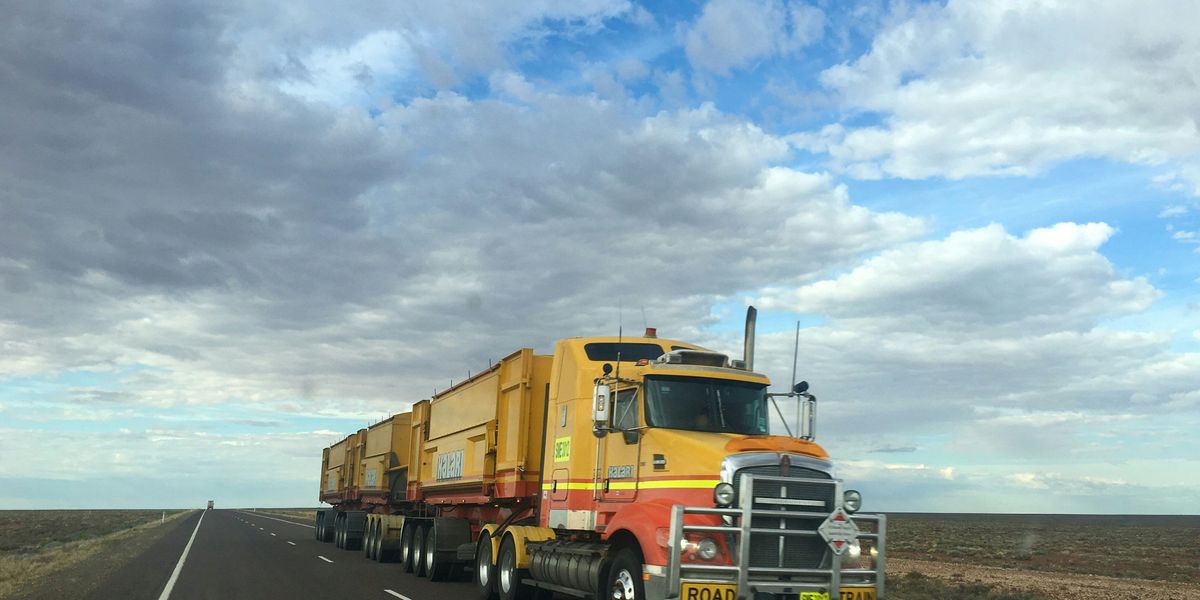water policy
Europe's groundwater crisis deepens
Europe's groundwater, once considered abundant, is now facing a critical decline in both quality and quantity due to climate change and industrial overexploitation.
Zeynep Sentek, Jelena Prtorić, Sarah Pilz report for Under the Surface.
In short:
- More than 15% of Europe's aquifers are in poor condition, impacting major crop-producing countries like Spain, France, Belgium, and the Netherlands.
- Many countries fail to provide comprehensive data on groundwater status, hindering the assessment of the full extent of the crisis.
- The EU is criticized for not enforcing stricter water management laws, often succumbing to agricultural and chemical industry pressures.
Key quote:
“Water is difficult to find and expensive. It is no longer sustainable this way. More and more growers are giving up.”
— Bart Trybou, Belgian farmer
Why this matters:
Groundwater depletion and contamination threaten food security, public health, and economic stability across Europe. The failure to address this issue could lead to severe shortages and broader environmental crises. Read more: Farming for a small planet.
Utah introduces new regulations for mineral extraction at the Great Salt Lake
A recent bill passed by the Utah Legislature introduces significant changes to the regulation of mineral extraction at the Great Salt Lake, aiming to address the lake's declining water levels.
In short:
- The bill, known as HB 453, introduces more stringent water use regulations to protect the Great Salt Lake from further decline.
- It increases the severance tax on mineral extraction and requires companies to report water usage and salinity levels.
- Despite some environmental groups' concerns, the legislation is seen as a crucial step towards sustainable management of the lake's resources.
Key quote:
“This is a good step forward, a necessary step forward, but we can’t let it distract us from the fact that they (state leaders) are not getting water to the lake, and this bill does not get water to the lake.”
— Chandler Rosenberg, deputy director of the Great Basin Water Network
Why this matters:
Advocates tout this as a potential shift in Utah's traditionally industry-friendly stance towards resource allocation and extractive development in the Great Salt Lake Basin. Critics contend that the legislation gives regulatory certainty to industry and does nothing to solve the ongoing western water crisis.
The future of the Colorado River hinges on one young negotiator
Why we need a ‘slow water’ movement
To withstand drought and deluge, an H2O how-to from Erica Gies, author of ‘Water Always Wins.’



















